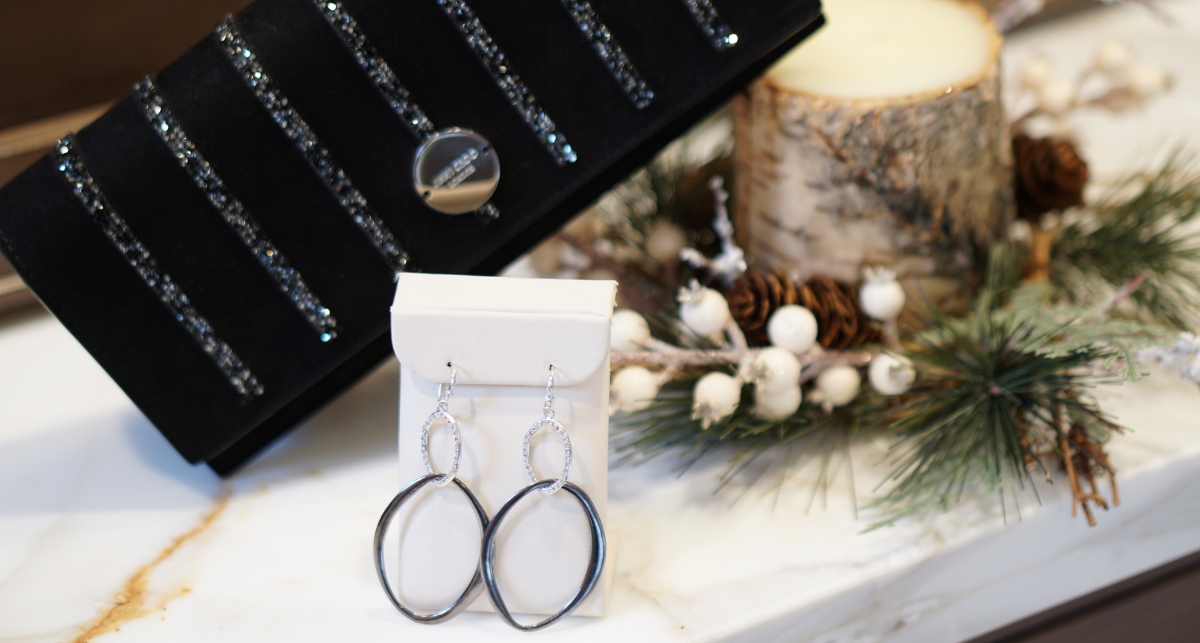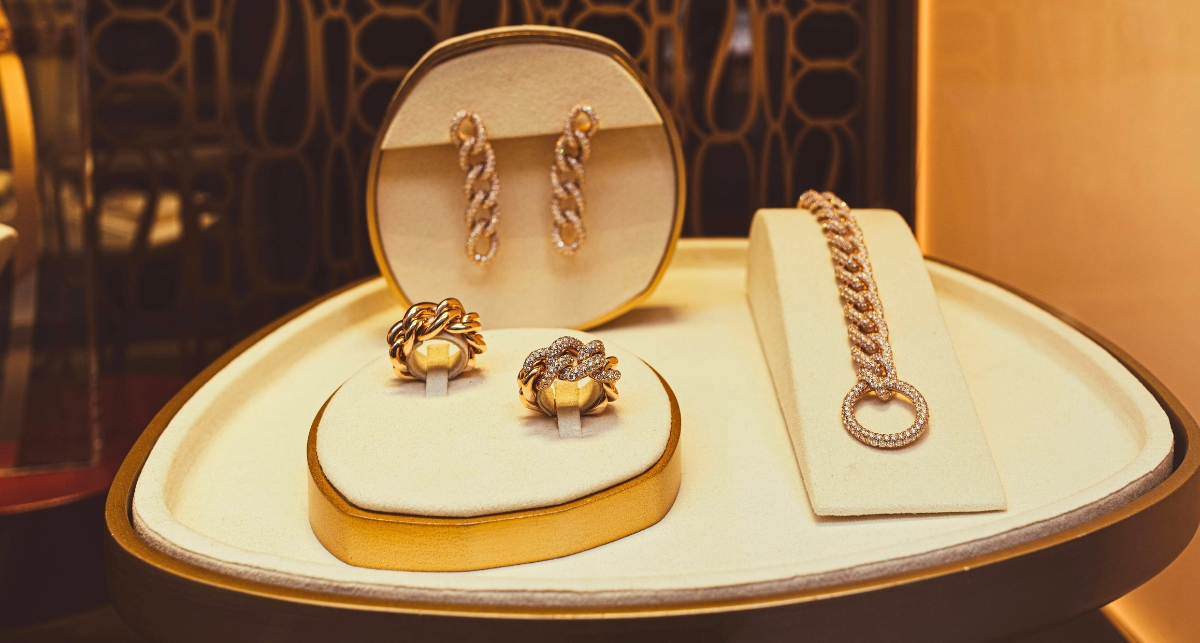
Soaking in a hot tub has more benefits than simple relaxation and creature comfort. Down through history people have utilized naturally occurring hot springs as baths and relaxation and recreation spots. For instance, marble baths built in the 4th century BC were found in the ruins of the Greek city of Therma. The Romans constructed baths at hot springs as a routine part of empire building, and engineered some of the first mechanically heated baths where there was not naturally occurring hot water to exploit. They built both public baths in bathing houses and private baths in the home. Beginning in the 6th century AD, the Japanese built onsen, or bathing and inn facilities at hot springs, beginning in the 7th century A.D. The beneficial properties of hot tubs have a long history around the world.
Recent studies have found that hot tub use delivers a number of health benefits, including improving circulation, easing chronic pain, and alleviating some symptoms of chronic illnesses like arthritis, fibromyalgia, and type 2 diabetes. Innovations in hot tub technology have also made this an affordable home treatment option.
The Health Benefits of Using Hot Tubs
Relieving Everyday Stress and Fatigue
Many people suffer from pain and fatigue caused by the stressful conditions of contemporary life. We know that stress is relieved improved by soaking in hot water and while a traditional bathtub can provide some benefits, using a hot tub to achieve these results provides superior results. The massage elements of contemporary hot tubs, especially the water jets, target particular muscle groups and joints, allowing a user to pinpoint painful areas. By adjusting the pressure and intensity, the user of a hot tub can experience anything from a light to a deep muscle massage, relieving neck and back pain. Using the jets to target neck muscles can also provide significant relief from chronic stress headaches. Insomnia is another condition brought on by our contemporary lifestyles; the soothing and relaxing properties of the hot tub improve both the ability to sleep and the quality of sleep. For the patient with normal fatigue and muscle pain from every day wear and tear the hot tub is the answer to the daily grind on the body. People with more chronic health problems also derive much needed relief from hydrotherapy in a hot tub.
Arthritis Pain and Inflammation
Hydrotherapy is a well-documented treatment option for chronic conditions like rheumatoid arthritis and osteoarthritis. Beyond the soothing and pain-relieving effects of the hot tub, there are direct health benefits of both the heat and massage properties of a hot tub. The body becomes buoyant in water and thus soaking in a hot tub takes the pressure off inflamed and painful joints, allowing the natural healing processes of the body to repair some of the damage done by arthritis.
Chronic Health Conditions: Diabetes, Fibromyalgia, and Problems Associated with Poor Circulation
Hydrotherapy in a hot tub also relieves many of the symptoms of type 2 diabetes mellitus, fibromyalgia, and problems associated with poor circulation.
1. Type 2 Diabetes Milletus
A pilot study discussed in the New England Journal of Medicine and conducted by Dr. Phillip Hooper and colleagues found that hot tub immersion led to increased blood flow to the skeletal muscles, which resulted in improved blood glucose levels, improved circulation, and “improved sleep and an increased general sense of well-being.”* The results of this small study showed a reduction of up to 13% in mean glycosylated hemoglobin levels, allowing some study participants to decrease radically their insulin and/or oral medication dosages. This study recommends regular hot tub immersion as a valid treatment option for Type 2 diabetes milletus, particularly for patients who cannot exercise because of chronic pain, weight limitations, or other physical impairments.
2. Poor Circulation
One of the chronic conditions that diabetes patients suffer is diabetic neuropathy, or poor circulation resulting in nerve damage to the extremities. Smoking, long-term lack of exercise, and ingestion of high levels of sugar and fat are all causes of poor circulation. This condition is painful and debilitating and often limits the ability to exercise, compounding the problem. Maintaining low blood glucose levels and preventing diabetic neuropathy are only two of the benefits of immersion in a hot tub. Soaking in a hot tub improves circulation because raising the body’s temperature dilates the blood vessels and stimulates the brain to release endorphins, the natural brain chemicals that relieve pain.
3. Fibromyalgia
Another chronic pain condition is fibromyalgia, where patients feel pain in their muscles and joints without the presence of inflammation or injury. The hot tub is an excellent tool for relieving the symptoms of fibromyalgia. In addition, people with fibromyalgia often experience attendant depression, anxiety, and sleeplessness, the relaxing benefits of the hot tub can alleviate those problems as well.Beyond the simple luxuriant pleasures of relaxing in a hot tub, there are distinctly positive health outcomes associated to hot tub use. Anyone can benefit from the gentle massage and soothing stress relief, but it is those who suffer from chronic health conditions such as Type 2 diabetes milletus, poor circulation, and chronic pain syndromes who can realize the most efficacious results.
[Image Credit: Arctic Spas]Guest Post: Sarah Greenhalgh writes on behalf of Arctic Spas the UK’s largest supplier of Hot Tubs and home Spas.

















Thanks for pointing out that using a hot tub can lower your stress levels. I’ve been stressed out lately because of school, so I’m considering buying a hot tub. I’m going to look for a good business that can sell me a hot tub.
Nice Post!!!